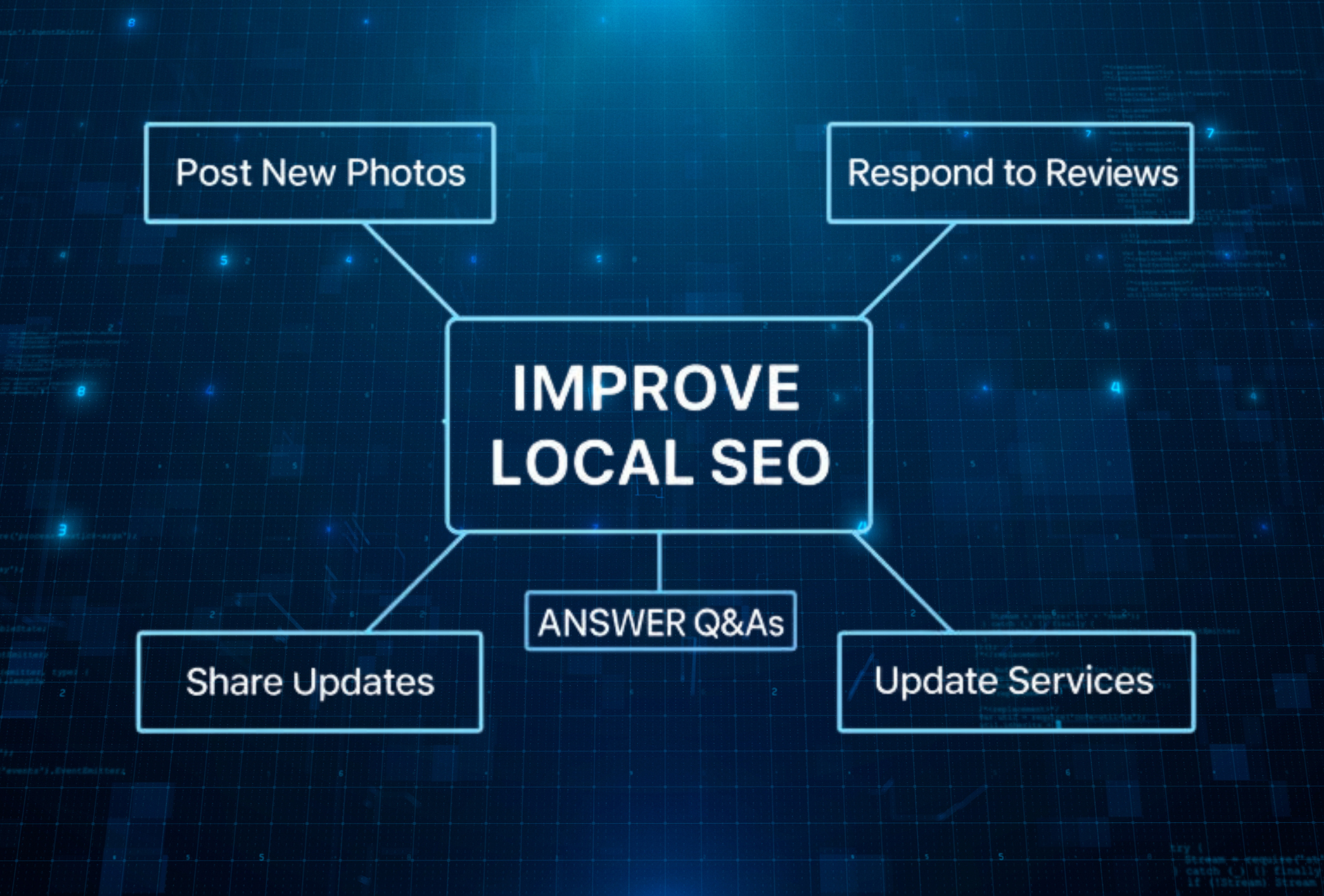Structured vs. Unstructured Data: Why AI Search Needs Both
April 7, 2025
AI-driven search is changing the game, and if your data isn’t structured properly, AI may misinterpret, de-prioritize, or completely ignore your brand in search results. To stay visible, businesses need a smart data strategy that combines structured and unstructured data—because AI relies on both to understand and rank your brand.
Let’s break it down.
Structured vs. Unstructured Data: What’s the Difference?
Structured Data = AI’s Cheat Sheet
Think of structured data like an ultra-organized closet. Everything has a place, making it easy for AI to instantly find the information it needs.
✅ Examples of Structured Data:
• Business details (hours, locations, services)
• Product specs (pricing, availability, features)
• Customer profiles (name, phone number, email)
Since structured data is formatted in a way AI understands, it helps with search rankings, instant answers, and better personalization.
Unstructured Data = AI’s Context Clues
Now, imagine a cluttered storage room—packed with valuable information, but harder to navigate. Unstructured data is rich in insights, but AI must interpret it before it becomes useful.
✅ Examples of Unstructured Data:
• Customer reviews and social media posts
• Emails and support chats
• Videos, images, and audio files
Since unstructured data lacks a set format, AI analyzes its meaning before deciding how to use it in search results.
Why You Need Both for AI Search Visibility
Structured data tells AI what something is—but unstructured data helps AI understand why it matters. Together, they shape how AI ranks and presents your brand in search.
Structured Data Helps AI:
✔ Identify and categorize your brand – If structured data labels your business as a “dentist” with “emergency services,” AI will confidently show your practice to users searching for urgent dental care.
✔ Deliver instant, fact-based answers – If multiple sources confirm your store hours, AI will prioritize the correct info instead of pulling outdated details from an old blog post.
✔ Enhance personalization – If structured data highlights a shoe’s price, color, and availability, AI can instantly surface it when a customer searches for a “blue sparkly kitten heel.”
Unstructured Data Helps AI:
✔ Analyze sentiment – AI scans reviews, news, and customer feedback to assess how people feel about your brand. Positive sentiment boosts trust and improves search visibility.
✔ Evaluate content relevance – If AI sees your brand consistently mentioned across blogs, social posts, and industry articles, it will trust your brand more and rank it higher.
✔ Make smarter recommendations – If structured data labels your business as a “coffee shop” but customer reviews rave about your espresso martinis, AI may also recommend your business as a cocktail bar.
How to Optimize Your Data for AI Search
To win in AI-driven search, your structured and unstructured data need to work together. Here’s how to build a strategy that keeps your brand front and center:
🔹 Organize structured data – Use a Knowledge Graph to centralize key brand details (locations, services, products) so AI can easily find and trust your information.
🔹 Leverage unstructured data – Encourage customer reviews, user-generated content, and social proof to reinforce your brand’s credibility in AI search.
🔹 Align content with AI-friendly formats – Update FAQs, product descriptions, and blog posts using conversational, natural language to match AI-driven search queries.
Final Takeaway: AI-Optimized Data = AI-Optimized Brand
Structured data helps AI find your brand, and unstructured data helps AI understand your brand—together, they boost your search visibility and customer engagement.
Want to make sure your brand stands out in AI-driven search? Juuced Marketing can help you build a winning AI search strategy. Let’s talk. 🚀











